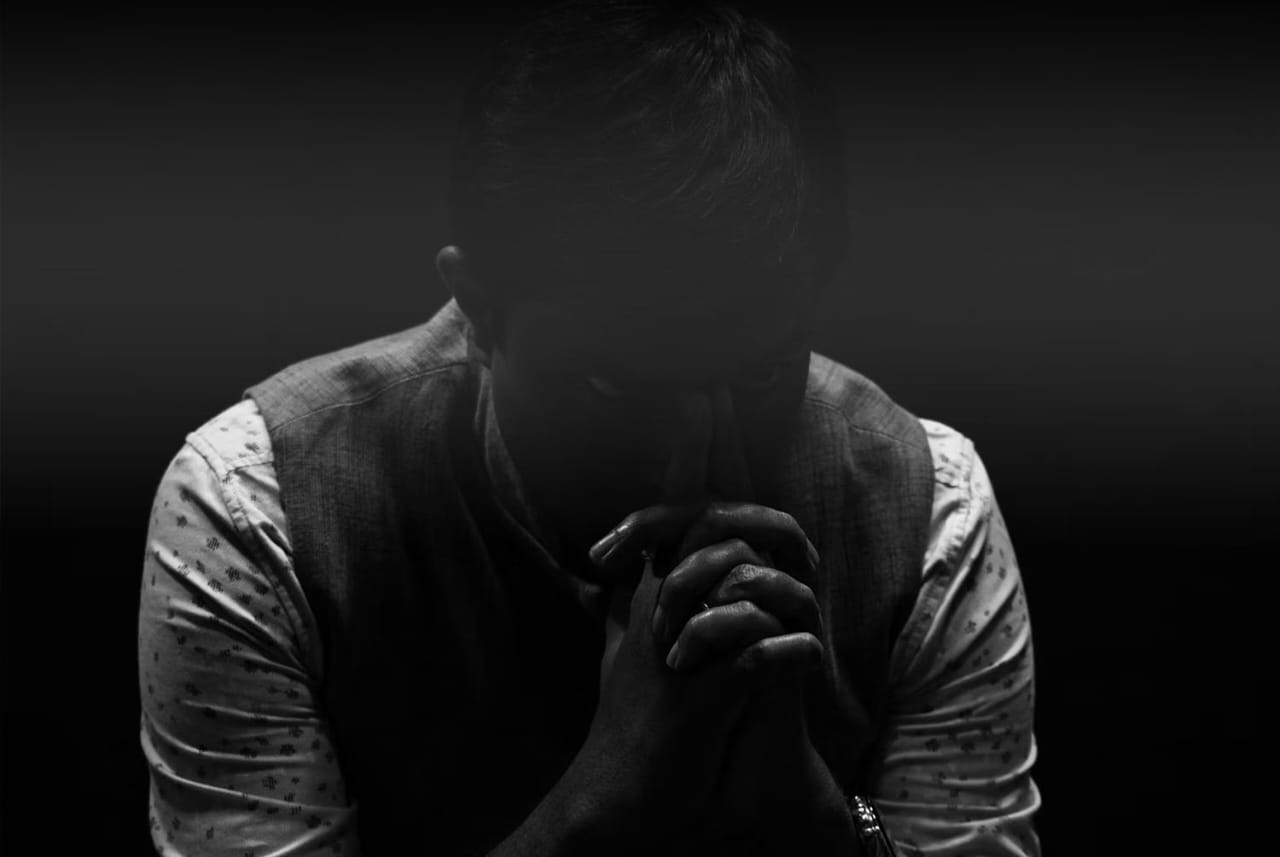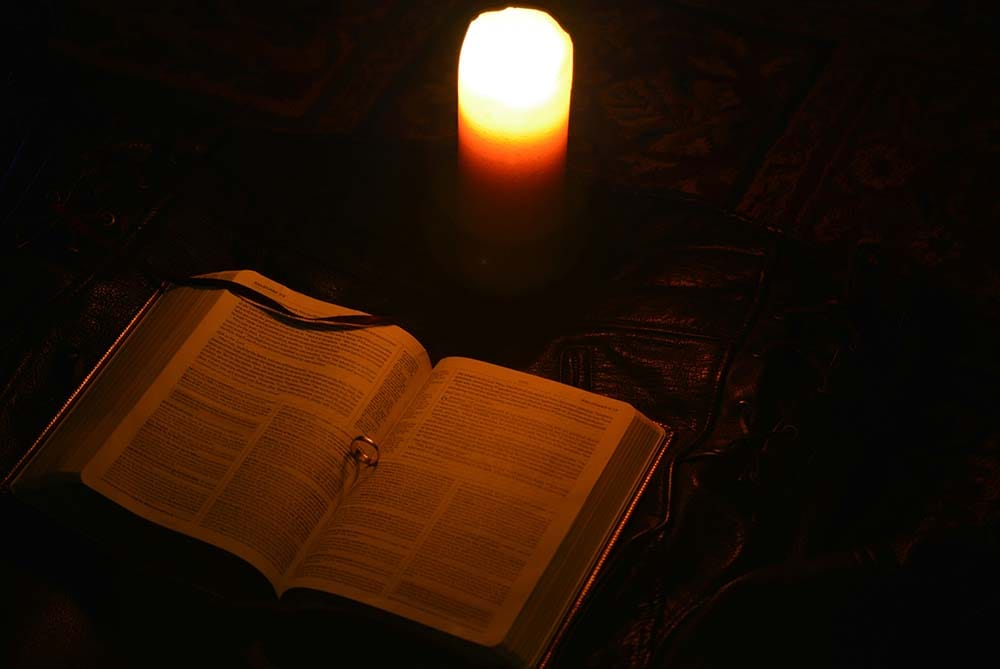Several years ago, the world was rocked by news of a grandmother in a remote part of the country who was imprisoned for stealing some cocoa beans from a large plantation. Ironically, at almost the same time, news spread from another area about a businessman who was proven to have seized thousands of hectares of indigenous land who escaped the law because of “lack of evidence.” In the courtroom which should be a place for upholding justice, justice actually felt like a luxury that could only be bought by those in power.
Such a story is not the only one and seems to always exist in every era, one of which is depicted in the story of Job 24:3–14. The world often allows evildoers to walk with their heads held high, and the weak are left lying on the side of the road. This is the world that made Job cry, not only because of his personal wounds, but because of the wounds of the world that were left gaping. Job gave voice to the cries of the voiceless, the orphan whose donkey was stolen (verse 3), the widow who lost her security, the poor who were forced to find food in the barren desert (verses 4–5). This picture is not just a social complaint, but a moral protest against a broken system. Job saw, as we see today, that the wicked are not always punished, and the righteous are not always defended. But more than that, Job was troubled because God seemed silent. He not only questioned humans, but also targeted the things that gave rise to injustice. This is the deepest form of criticism of the personal experience of faith that seems to have hit a rocky road, when the Divine seems uninvolved and unmoved by the calls of His people. Job asked God for an explanation for the widespread suffering. He did not hate Him, but believed that God should side with the oppressed.
Bible friends, today's reflection invites us not to be apathetic to the injustice around us. The world may be silent, the system may be broken, but our conscience must remain awake. We are called not only to be right, but also to dare to speak up for what is right. Like Job, we may ask, even cry before God—because true faith is not a silent faith, but a faith that lives and continues to seek the face of God.






















